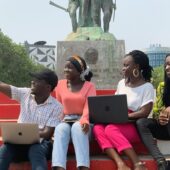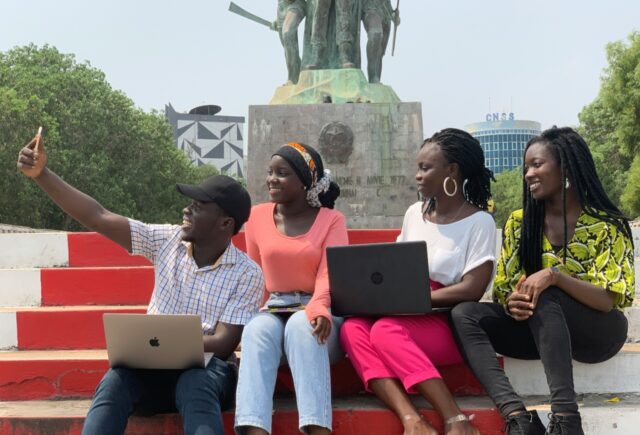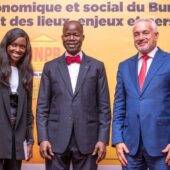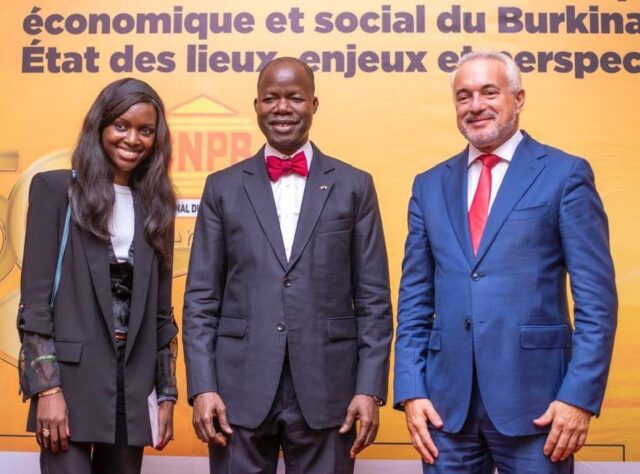Kashf Foundation is working in a holistic way to do more than just deliver microfinance solutions. It wants to change mindsets, says its founder and managing director, Roshaneh Zafar.
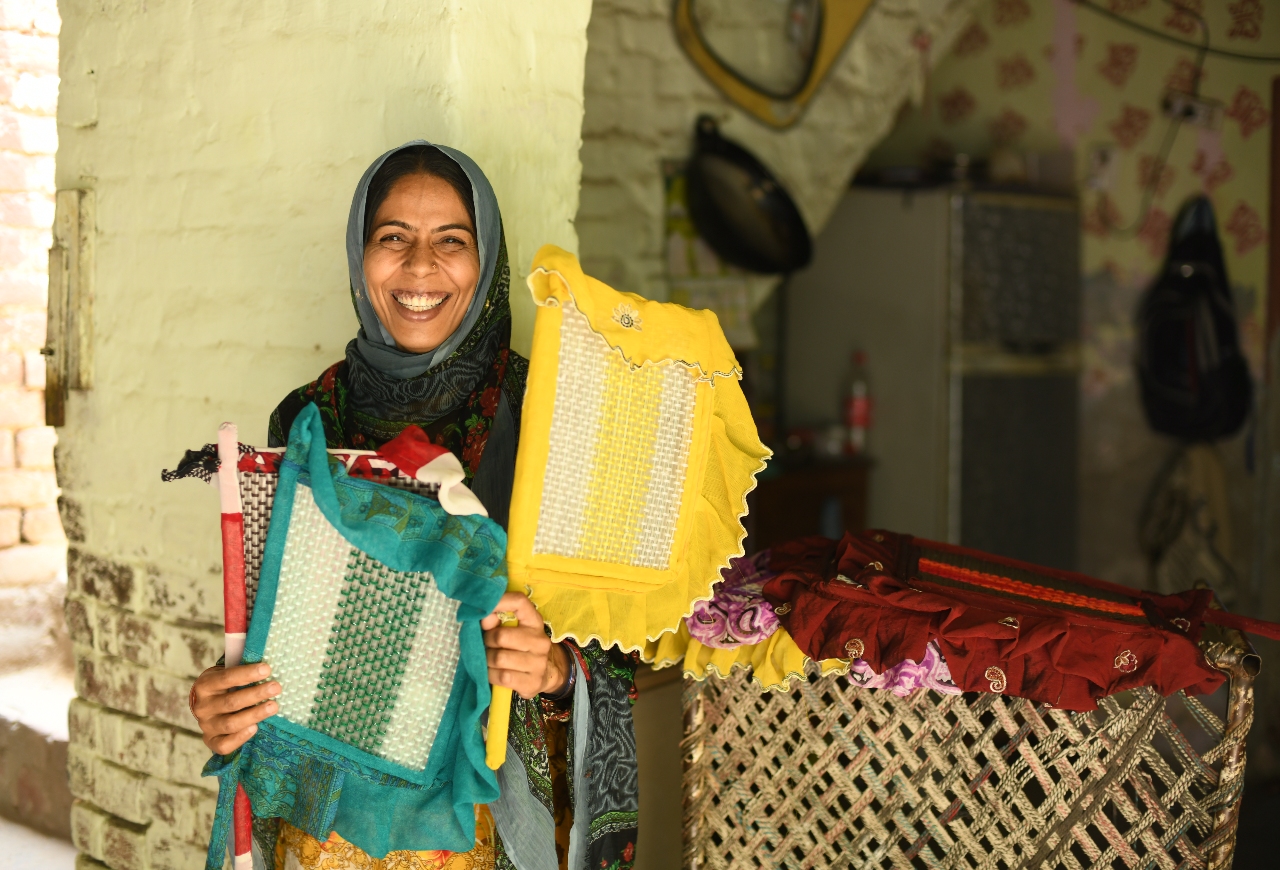
In a small, closely knit neighbourhood in Karachi, three women are navigating complex personal lives. Qurrat, Seema and Bano are facing a range of challenges, from infertility to surviving in a world of rising inflation, debt, and continued societal and cultural expectations. Children play a large role in different ways – from the pressure to have them, to the impact of having too many, to the heart-wrenching practice of child abandonment. All the while, Karachi’s energy crisis impacts the women and their families on a daily basis, as does the country’s economic woes.
Qurrat, Seema and Bano are not real people, however. They are fictional characters in a mini-drama series produced by Pakistani women-focused microfinance institution Kashf Foundation. The series, which aims to raise awareness about the impact of population growth and its impact on physical and mental wellbeing, has reached over 14 million unique users across the country, and generated 36 million impressions globally via TikTok.
It is part of a multi-pronged approach by Kashf – which is supported by a large number of European and other development finance organisations and investors – to make an impact. Investors and financing for the institution comes from British International Investment, Finnfund, FMO, Proparco, OeEB, Symbiotics Investments, BlueOrchard, Incofin and others, with 53% of onlending sourced from foreign investment.
“The first thing we needed to navigate was not microfinance. The real challenge was around changing mindsets. How do you unravel the patriarchy, and how do you ensure that a woman can use her loan effectively and that she has control over the income that she earns?” says Roshaneh Zafar, founder and managing director.
Humble beginnings
Zafar launched Kashf – regarded as the first microfinance institution in the country – in 1996. A former economist with the World Bank, she was inspired by the work of Nobel Prize-winning Muhammad Yunus, founder of microcredit pioneer Grameen Bank in Bangladesh, and more recently interim leader of the country’s new government. Yunus had invited Zafar to visit Bangladesh and come and see Grameen in action, and in fact encouraged her to set up Kashf.
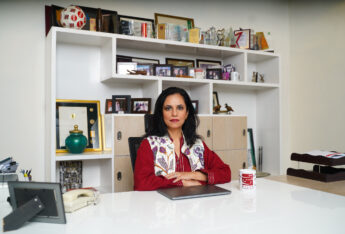
“I spent ten weeks traveling the length and breadth of the country, learning from Grameen families, the staff, and the beneficiaries. Then Dr Yunus called me into his office and over tea told me that I wasn’t needed to make a difference in Bangladesh, but that I was needed in Pakistan. He gave me a loan of ten thousand dollars to use as startup capital, payable in five years.”
Zafar went back to Pakistan and spent a year learning from other organisations in South Asia, before launching Kashf with three other women from one room in her father’s office. Kashf is now 4,500-strong with a staff that has achieved gender parity. It has served and trained over seven million female micro-entrepreneurs and disbursed PKR272.5bn (€883.4m), with participants seeing a 62% increase in business income and a 46% rise in profits after loans and training. Financial beneficiaries have also been able to significantly improve their financial literacy, with half able to open bank accounts.
“The feedback I heard at the time is that women don’t work in Pakistan, that women are not entrepreneurs. But we surveyed 350 women in the five villages we had selected that were located around the city of Lahore, and 85% were running home-based businesses, from grocery stores, embroidery, sewing, stitching and livestock. They lacked the capital and marketing and networks to grow their businesses,” Zafar says.
Community focus
Addressing financial inequality also means addressing interlinking issues of health, education, and social pressures, believes Zafar. Kashf has also provided health and life insurance to 4.3 million low-income households, offering free health camps, telehealth, and maternal and reproductive health training. The foundation’s key focus areas include financial products and services, insurance, capacity building, and social advocacy interventions.
“When we see a woman’s ability to earn or save and plan for the future, you see things really begin to change.”
Roshaneh Zafar, founder and CEO Kashf Foundation
It is also involved in education, and in a range of public awareness campaigns, through television dramas, digital campaigns, social advocacy and community mobilisation, theatre performances and its Gender Council Program.
“We collect 100 men and women in the community and then do small skits, around child marriage for example. In one skit a thirteen year-old girl is marrying a forty year-old man, however she thinks it is her doll’s wedding and not her own the next day. Half-way through the skit we would invite the audience to give us their opinion on the situation, and to change the narrative. This approach is known as theatre for change,” says Zafar.
She believes the effects of a multi-pronged approach can be felt across a woman’s life, and the lives of her family.
“When we see a woman’s ability to earn or save and plan for the future, you see things really begin to change. You can see that change in the second generation. When a woman starts to earn, she will likely send her children to a low cost private school or a better school. Women are able to feed their children better. The percentage of nutrition and balanced meals in a family where a woman was earning was likely to be three times better. So it’s about credit and financial decision-making, but it’s also about transforming lives in many different ways.”
Pension plan and gender bond
Kashf has also launched a micro pension plan, the first of its kind in the country, which allows low income female entrepreneurs to secure their future financially, it says. The Khushal Mustakbil Plan is jointly designed and offered by Kashf and insurance company EFU Life, which manages the pension fund.
Last year it also launched the first-ever South Asian gender bond worth PRK2.5bn, alongside InfraZamin Pakistan, a local currency guarantee facility set up by the Private Infrastructure Development Group and Karandaaz Pakistan. Proceeds of the gender bond will finance women-led infrastructure projects across the country. The bond has a 100% principal guarantee by InfraZamin.
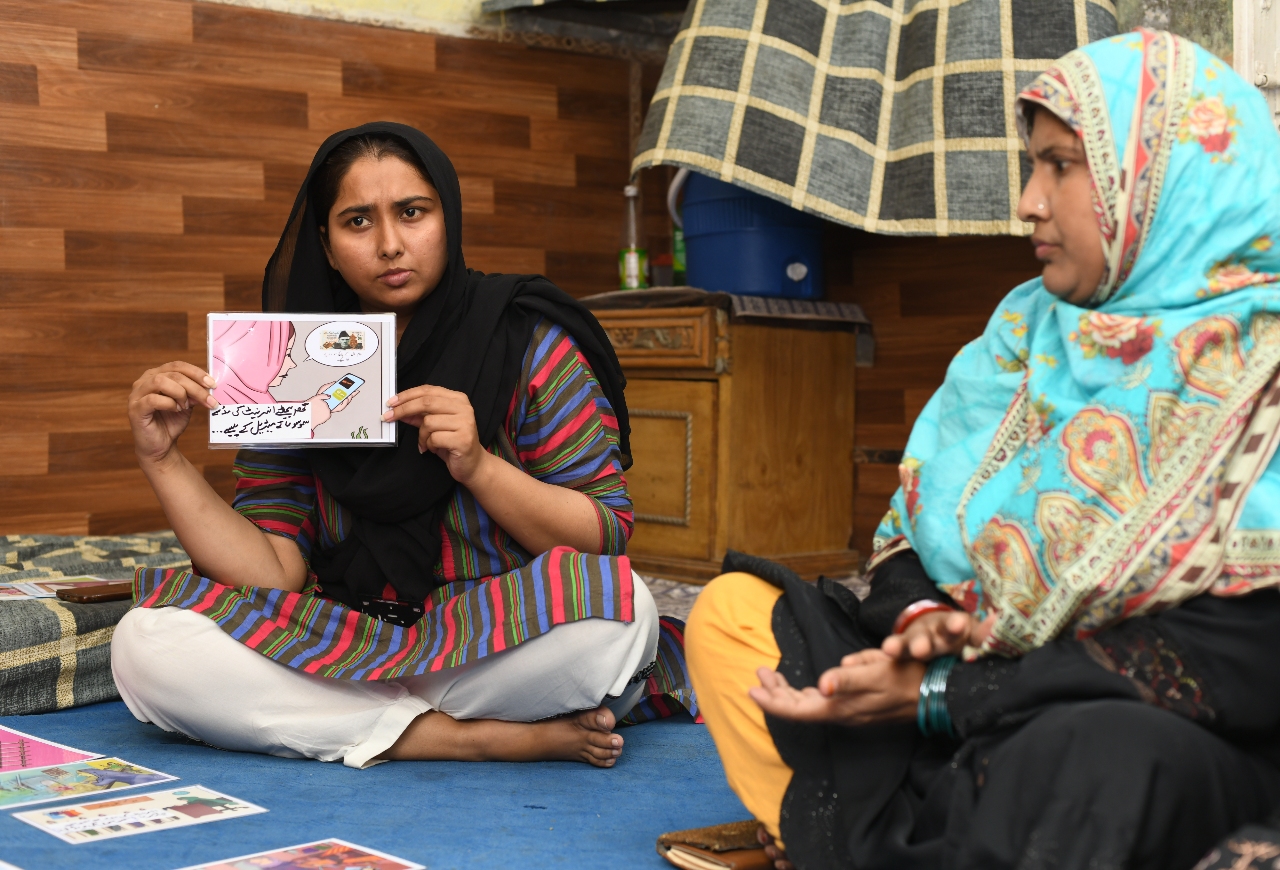
“We needed to give confidence to the investors, so we designed it in a way that not only got it a good credit rating, but also to provide the guarantee at the back end. It is the first of its kind in Pakistan and we’re very proud that we got a full subscription and that the market has an appetite. The beauty is that this gender bond has demonstrated that women-led micro businesses are an investible asset class. We hope we are able to grow this in the future,” says Zafar.
Pakistan ranks 145th out of 146 countries in terms of gender parity, according to the Global Gender Gap Index 2024, meaning that comprehensive and effective gender empowerment initiatives are desperately needed.
“Unless we get women gainfully employed in the economy, we are not going to progress. We need to level the playing field and we need to ensure that financing gets to women. When Kashf first started, there was this perception that women don’t work in our society. Nobody says that now, because now there is a generation growing up seeing women engaging with microfinance, with insurance, and with the notion of women being financial managers,” says Zafar.
She points out that microfinance has proven that women are more credit-worthy clients than men, because they understand the significance of the contributions they are making to their families. “Our portfolio of risk is 0.55%, which means that 99.45% of our clients pay back on time, despite inflation and the worsening economic environment.”
Looking ahead
Kashf is continuing to raise money from investors both at home and internationally, and is planning to raise a gender sukuk in Türkiye, after demand from communities in the north of the country, in Khyber Pakhtunkhwa. “I was expecting that maybe 40% of local communities would say go ahead, with women running businesses, but that figure is closer to 60%. People are saying it is a great idea, but they want a Shariah-compliant solution that can work at both the front end and the back end.”
The foundation is embarking on a roadshow this September, and is still ironing out all the details of the product, says Zafar.
The organisation is also looking at a climate resilience programme in the regions of southern Punjab and Sindh, building products that support clients impacted by climate risk, such as credit, insurance, savings, and trainings provision, something that is painfully needed, with Pakistan being ranked as the 5th most vulnerable country to climate change according to the Global Climate Risk Index.
Earlier on in Kashf’s lifecycle, Zafar faced challenges around finding funding and paying salaries. She mortgaged her own property to keep the organisation going. Now, she says, the biggest challenge Kashf faces is the state of Pakistan’s economy.
“It’s unfair, the taxation regime is regressive, people on a low income are paying more in sales tax than people on a higher income. That being said, we have still grown about 20% in the last year, and we have good portfolio quality. We are still showing good numbers. Sometimes you have to be a rhinoceros butting your head and saying you will go ahead, no matter what.”


